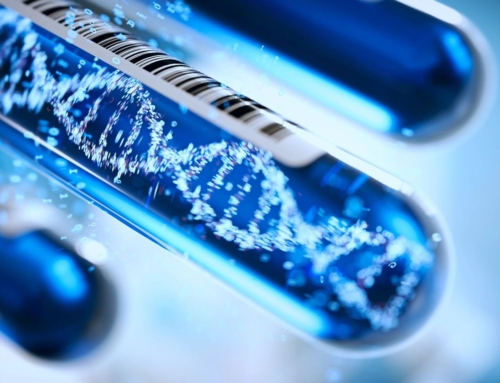Image: https://www.gleneagles.com.sg/conditions-diseases/congenital-heart-disease/symptoms-causes
Written by Olivia Vaughn
Congenital Heart Defect Awareness Week begins February 7th through February 14th and this time serves as an important opportunity to raise awareness about the causes, symptoms, and impact of congenital heart defects (“CHDs”). CHDs are the most common type of birth defect, affecting nearly 1 in 100 newborns worldwide. While survival rates have improved significantly due to advances in medical care, CHDs continue to pose a challenge for affected families.
What Are Congenital Heart Defects?
Congenital heart defects are structural problems with the heart that develop as the embryo becomes a fetus. They can vary widely in severity, from minor issues that may not require treatment to life-threatening conditions that require surgery or long-term medical management. Common types of congenital heart defects include:
- Septal defects (holes in the heart’s walls)
- Valvular defects (abnormalities in the heart’s valves)
- Tetralogy of Fallot (a combination of four heart defects)
- Transposition of the great arteries (incorrect placement of the heart’s major blood vessels)
- Coarctation of the aorta (narrowing of the main artery)
Many defects are diagnosed during infancy and early childhood, but some may not be detected until later in life. Advances in prenatal screening, such as fetal echocardiography, have improved the ability to detect some of these conditions before birth, allowing parents to make informed decisions about treatment options.
The Role of Genetic Counseling in CHD
One of the most important aspects of managing congenital heart defects is understanding the underlying genetic factors contributing to these conditions. Some congenital heart defects occur due to random chance or environmental exposures, while many have a genetic component. Genetic counseling plays a critical role in helping families navigate the complexities of these diagnoses. Genetic counselors work with families to assess the likelihood a congenital heart defect may occur in future pregnancies. Genetic counseling evaluates family history, offers appropriate genetic testing, and interprets results to provide a risk assessment. Additionally, counselors help families understand the emotional and psychological impact of having a child with congenital heart defects by providing information, resources, and appropriate medical providers.
Prenatal Screening: Early Detection for Better Outcomes
Prenatal screenings can uncover genetic conditions that are often linked to CHDs, such as Down syndrome, Turner syndrome, and Noonan syndrome. Knowing about these conditions in advance allows families to make informed decisions about care and management, ensuring they are fully prepared for the health challenges ahead. Family planning also benefits from early detection. For parents who have already had a child with a CHD or genetic condition, prenatal screening can provide critical information for subsequent pregnancies. This allows families to better understand the likelihood of recurrence and explore options.
Genetic Testing: Understanding the Connection Between Genetic Conditions and Heart Defects
Several syndromes have been associated with an increased risk of CHDs, including Down syndrome, Turner syndrome, DiGeorge syndrome, Noonan syndrome, and Williams syndrome.
- Down Syndrome is one of the most common genetic conditions associated with congenital heart defects. Many children born with Down syndrome have structural heart abnormalities, such as atrioventricular septal defects (AVSD), which can require surgical repair soon after birth.
- Turner Syndrome occurs in females and is linked to heart defects like coarctation of the aorta (narrowing of the aorta) and bicuspid aortic valve. Early genetic testing and monitoring are crucial to detect and manage these heart defects before they become life-threatening.
- DiGeorge Syndrome, also known as 22q11.2 deletion syndrome, is another genetic disorder often associated with congenital heart defects. Children with DiGeorge syndrome may have tetralogy of Fallot, a complex heart defect requiring immediate intervention after birth.
- Noonan Syndrome is a genetic condition that can cause a variety of heart defects, including pulmonary valve stenosis and hypertrophic cardiomyopathy. Early genetic screening can help detect Noonan syndrome and manage the heart issues that come with it.
- Williams Syndrome is a rare genetic disorder characterized by cardiovascular issues, including supravalvular aortic stenosis. Genetic testing can help identify Williams syndrome and provide a roadmap for managing the associated heart defect and other health concerns.
Why Raising Awareness Matters
Congenital Heart Defect Awareness Week is about acknowledging the medical aspects of CHDs and provides families an opportunity to share personal stories of those affected by these conditions. For many parents, having a child with a congenital heart defect can feel isolating, and this week serves as a reminder that they are not alone. Furthermore, awareness of CHDs can lead to increased funding for research, improved healthcare policies, and better access to resources. By shining a spotlight on congenital heart defects, we can work to advance care and ultimately reduce the incidence of preventable heart defects. The team at Chicago Genetic Consultants welcomes any questions about Congenital Heart Defects, so please contact us with any questions!







